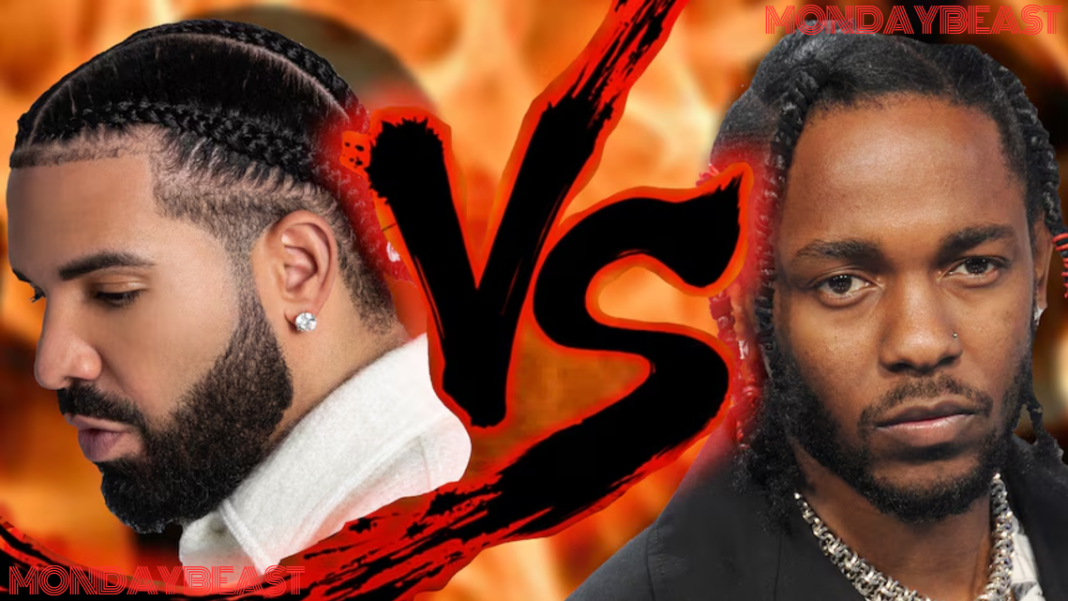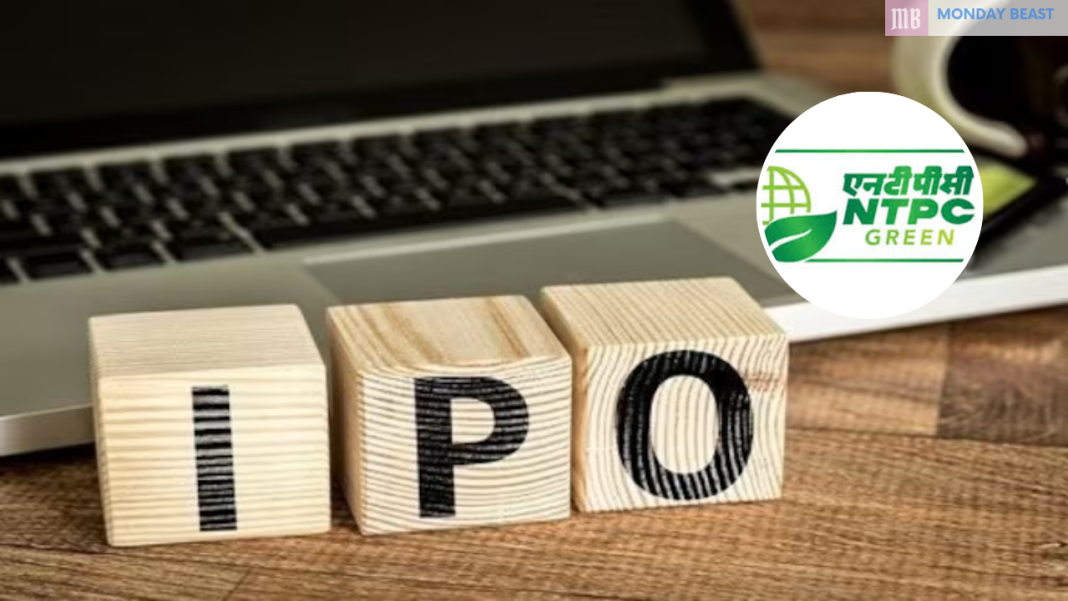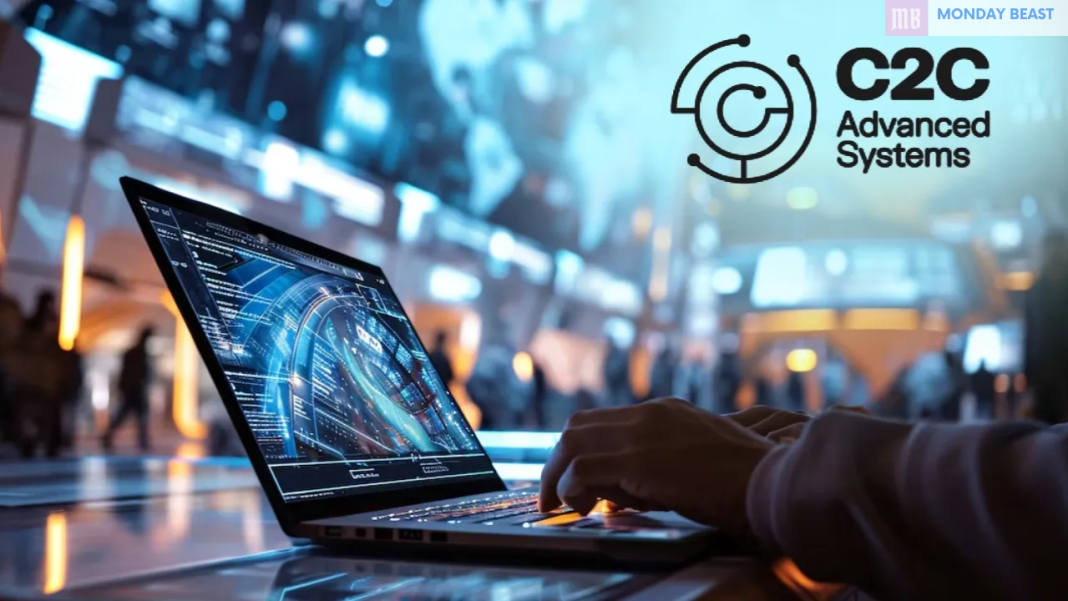The Allegations Against UMG
Drake’s latest legal move raises eyebrows. He has accused Universal Music Group (UMG) and Spotify of a scheme to artificially inflate the popularity of Kendrick Lamar’s song, ‘Not Like Us.’ This serious allegation centers around a feud that has captivated hip-hop fans and industry insiders alike. The stakes couldn’t be higher as the two artists have exchanged sharp lyrics in recent months, making this a particularly spicy development.
Drake’s Frozen Moments LLC claims that UMG utilized bots and payola in a campaign to boost Lamar’s track. In a filing made in Manhattan, Drake’s attorneys assert that UMG did not adopt standard business practices. Instead, the label is accused of launching a deceptive campaign. Could this kind of manipulation signal a troubling trend in the music industry?
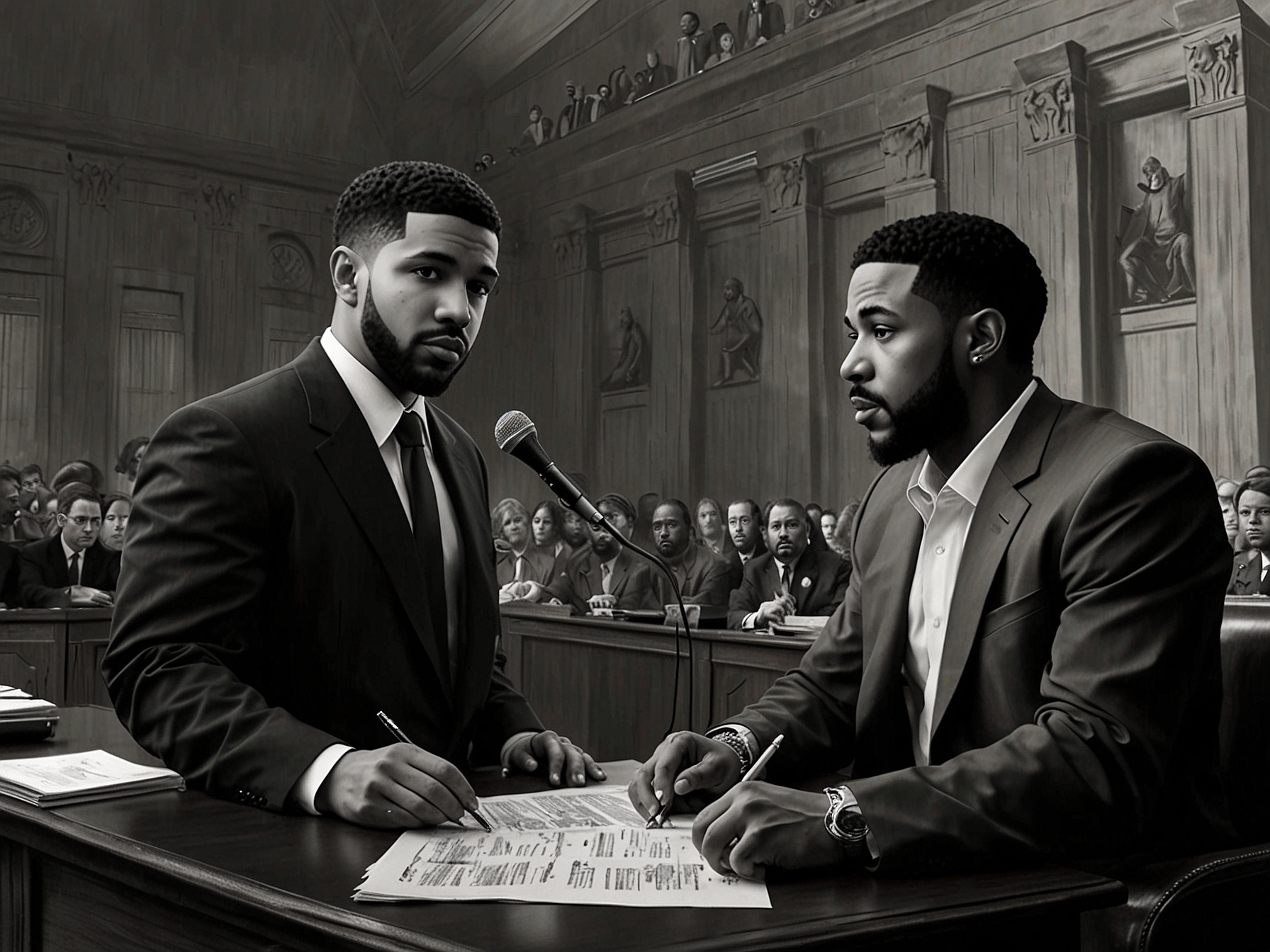
The legal filing leaves many questions unanswered. UMG’s spokesperson has vehemently denied these accusations, calling them “offensive and untrue.” Are the stakes of popularity this high in today’s music industry?
The Context of the Feud
At its core, the allegations represent an explosive chapter in an ongoing beef. The diss tracks exchanged between Drake and Lamar have gripped audiences, adding layers to their rivalry. Drake’s claims signify more than just a personal dispute; they peel back the curtain on the lengths some artists may go to secure their position in a fiercely competitive landscape.
This feud seems to blur the lines of friendship and rivalry within the industry. What does it mean when artists start targeting each other’s commercial success? As fans engage with their music, they often seem to forget the human stories behind the lyrics. This legal drama illustrates the complexities of fame in the modern age.
Drake’s Distrust of UMG
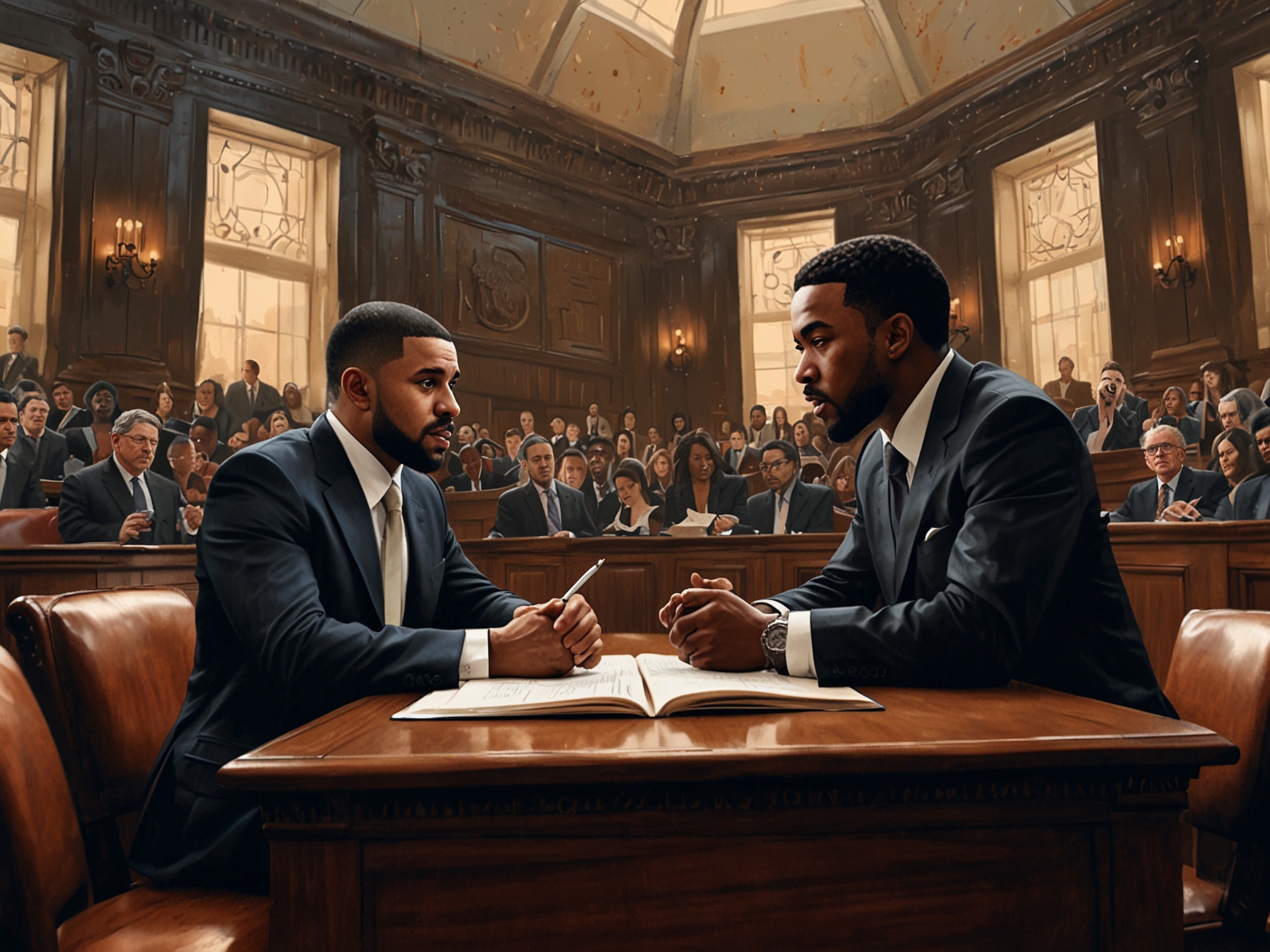
Drake’s claims also indicate a falling out with UMG, the label that has been his home since he started. He signed initially under Lil Wayne’s Young Money and then moved to Republic Records. This seems almost unheard of in the world of hip-hop, where loyalty often reigns supreme.
The legal action appears to stem from a disintegration of trust. Drake has reportedly reached out to UMG in an attempt to resolve these issues. However, claims indicate that UMG is dismissive of his concerns. How did their relationship sour to the point where legal action became necessary? Is this indicative of larger issues within record labels?
The Technicalities of the Filing
Interestingly, Monday’s filing isn’t a full-blown lawsuit just yet. It’s labeled as a pre-action petition, which serves a specific purpose under New York law. This detail puts it in a unique position as it may or may not lead to a lawsuit down the line. It raises the question: why go public with accusations at this stage?
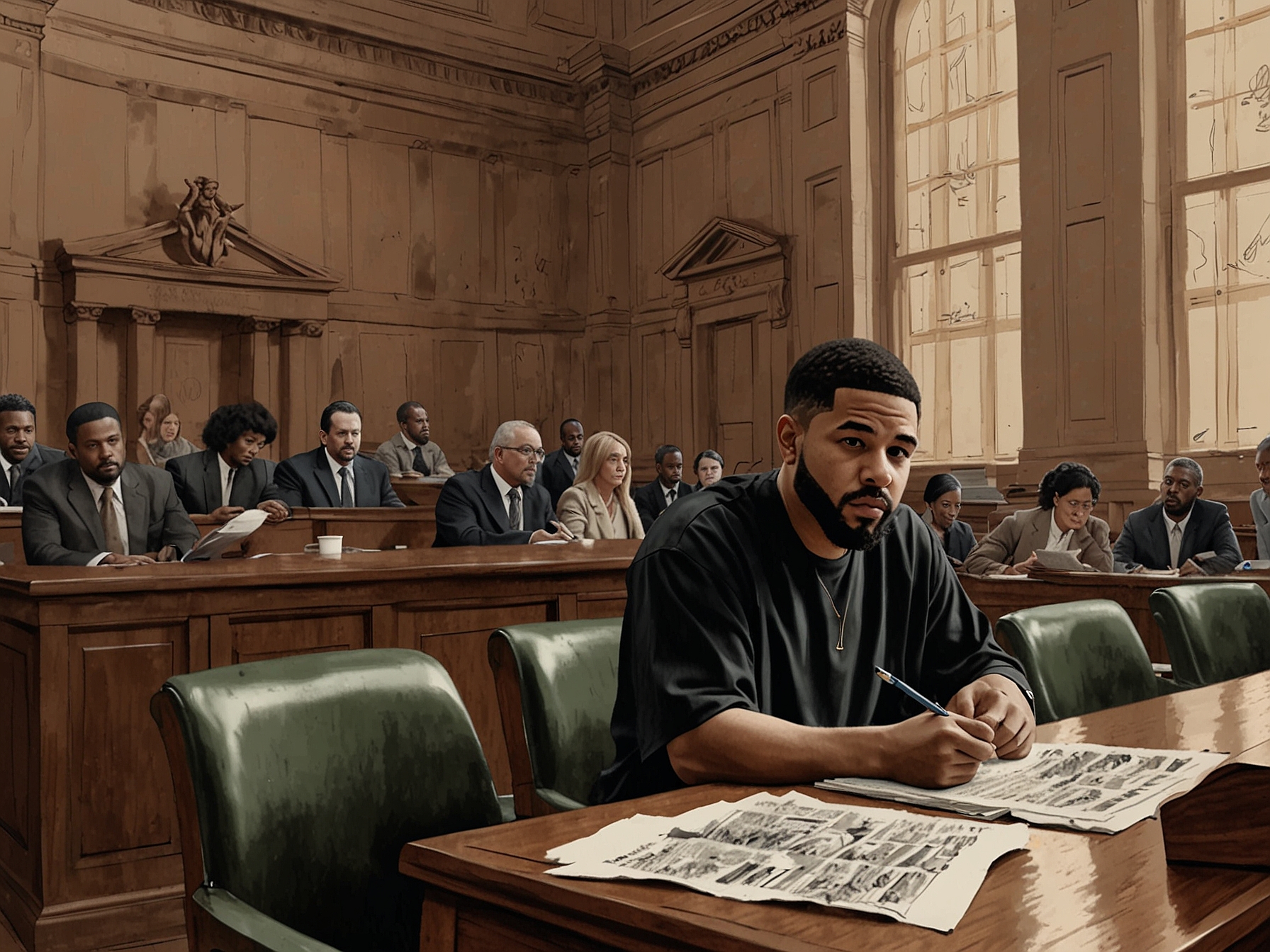
Drake’s attorneys are adamant that the focus on UMG suggests a calculated approach. They allege that UMG partnered with Spotify to promote ‘Not Like Us’ by using various methods. With claims like artificially inflating streaming numbers and even misdirecting Siri users, one has to wonder: is this legal strategy about more than mere legal light?
Corporate Dynamics at Play
The allegations reveal deeper dynamics at play within UMG and Interscope. Drake’s attorneys suggest internal motivations among corporate executives. They claim the push to promote Lamar’s song was influenced by profit-driven incentives. This internal strife could illustrate a common theme in corporate America: competition undermining artistic integrity.
Amid these allegations, we are left wondering how prevalent this behavior is. Are other artists experiencing similar issues with their labels? If artists like Drake feel marginalized within their teams, what does that mean for emerging talent in the industry?
Conclusion: A Fight for Fairness
Drake’s legal battle could represent a pivotal moment in the music industry. This case raises questions about ethical practices and the power dynamics present in labels. As fans, we might only see the glossy exterior of our favorite stars. But behind the scenes, corporate machinations could be brewing a storm. The outcome of this case could reshape how artists interact with labels and each other, reminding us all that the world of music is complex and filled with human emotions. Are we ready for the truth to be unveiled?

